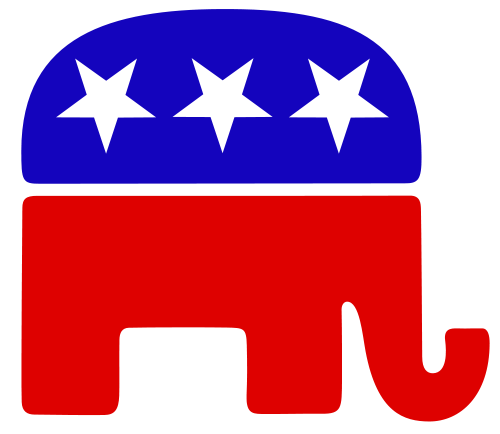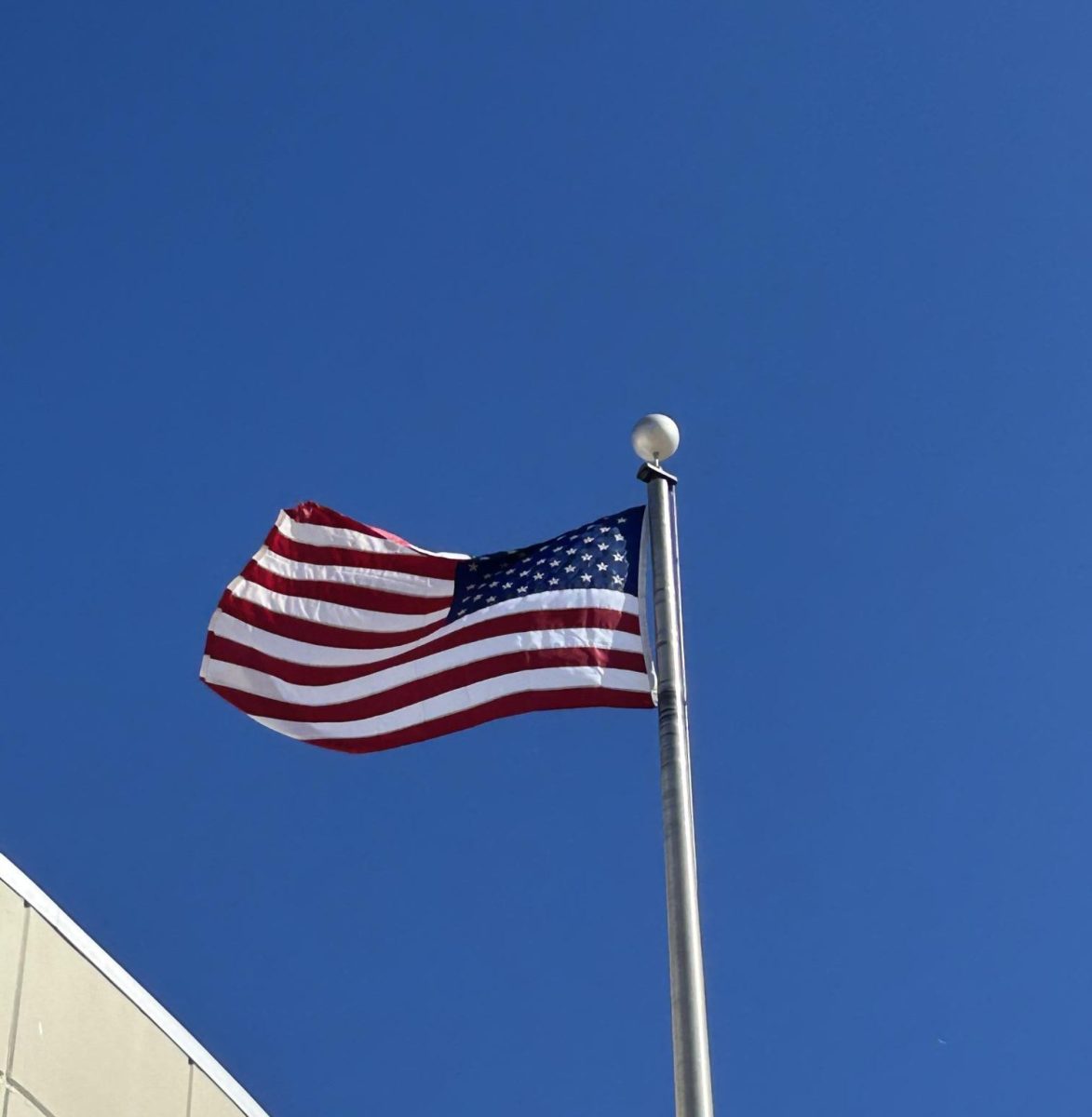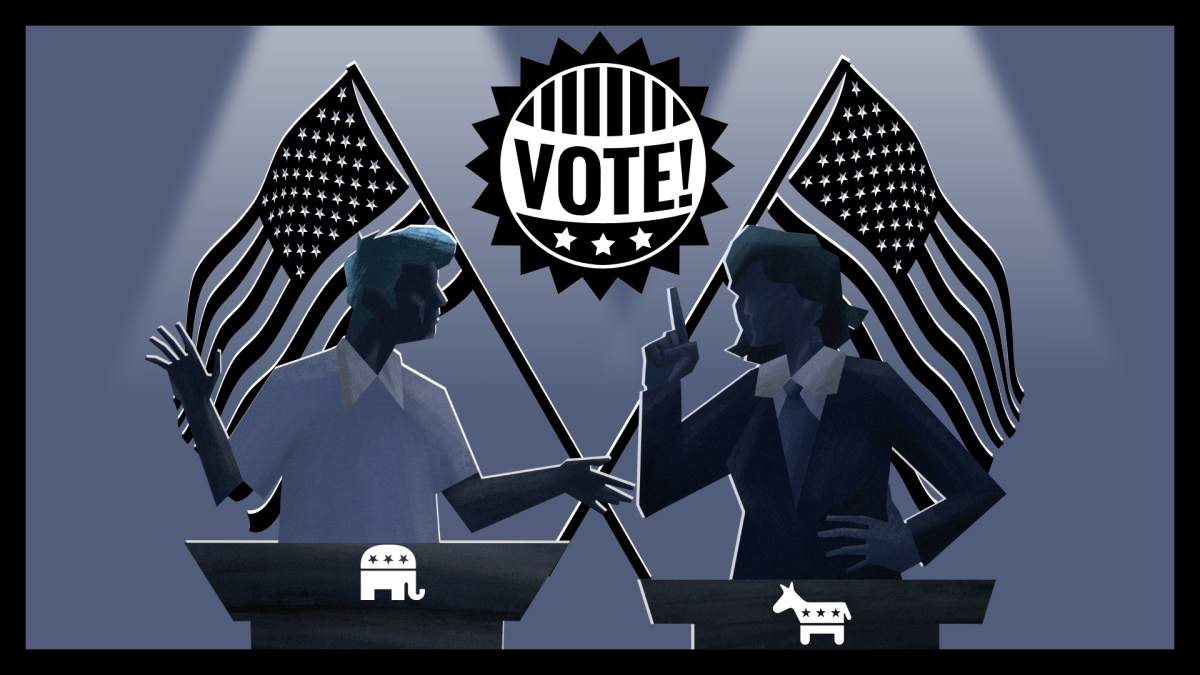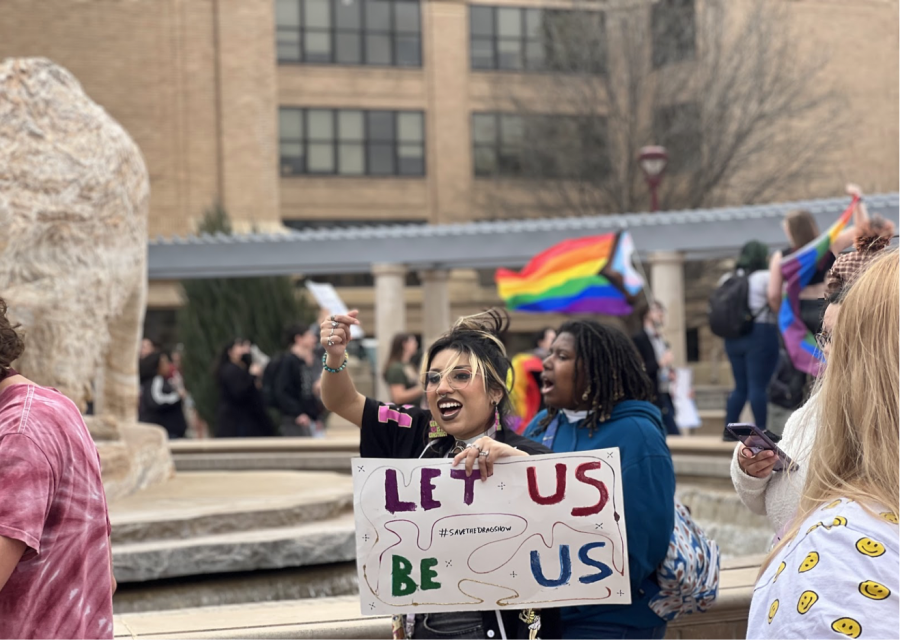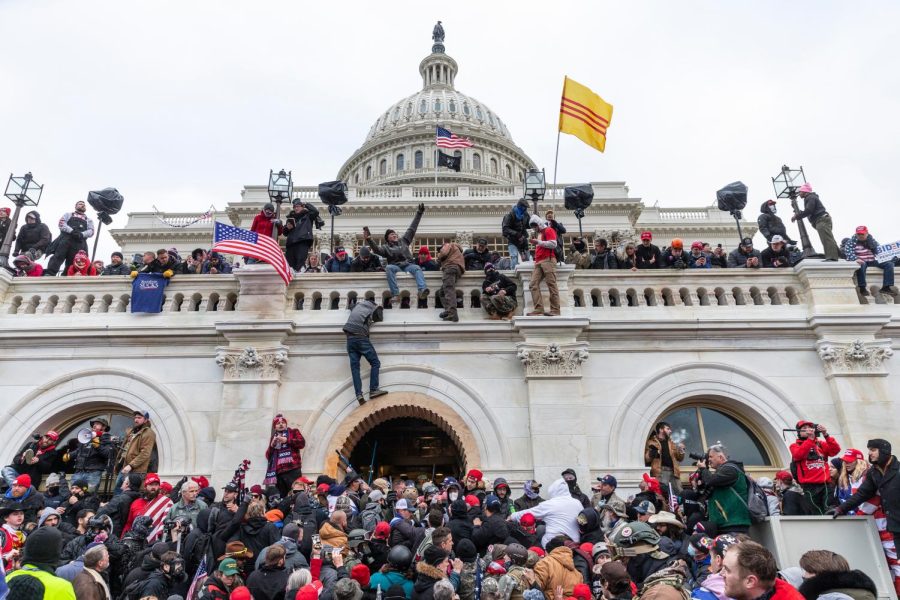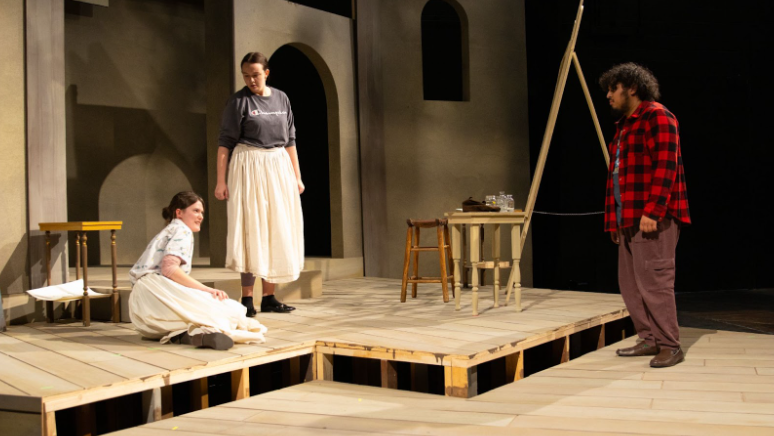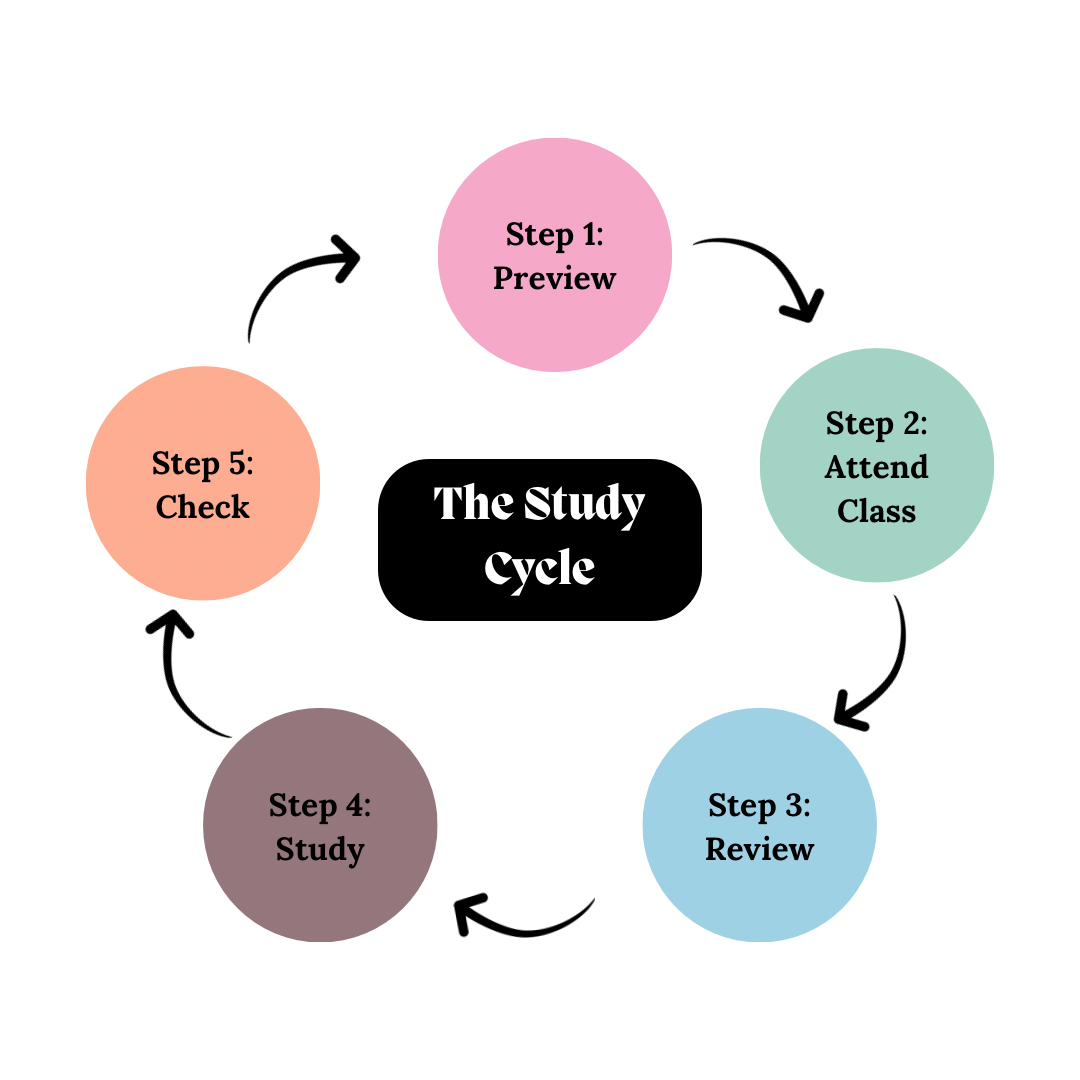On Jan. 19, Texas Governor Rick Perry announced that he was ending his election campaign, just days before the South Carolina primary.
Although Perry’s campaign started off strong, the announcement came as no surprise since the governor had a poor turnout in the New Hampshire and Iowa primaries.
“[He] was his own worst enemy,” Dr. Leigh Browning, WTAMU Associate Professor of Mass Communication, said. “Media were not that mean to him. His lack of foreign policy and debate fumbles were his undoing.”
Prior to the Republican National Convention, primaries and caucuses are held in every state to select delegates. Presidential candidates have the opportunity to spar with each other in debates that occur at every primary. The process lasts up to eight months and in this time, the candidates are under intense media attention.“I don’t think [Perry] was ready for the intense scrutiny a presidential candidate gets,” Dr. Dave Rausch, Professor of Political Science, said. “While much of the scrutiny is unfair and a lot of it is unnecessary, the lengthy process invites detailed scrutiny.”
With Perry out of the race, Mitt Romney, Ron Paul, Newt Gingrich, Rick Santorum and Buddy Roemer battled it out at the South Carolina primary on Jan. 21 following Florida on Jan. 31. The candidate who seizes the coveted Republican nomination will have to keep a few things in mind.
“It is important to remember that the nomination process is a marathon, not a sprint,” said Dr. Rausch. “Several of the candidates have shown the ability to be great sprinters, but then they tire, or slip, and another candidate jumps into the lead. The results of the South Carolina primaries may be the best indicator of who will be the successful candidate.”
Dr. Browning pointed out that these candidates will have a long road ahead of them.
“[The campaigns] will quickly move away from substance and toward a fight with the Democrats,” she said. “These guys will all start liking each other again very soon. What you will see happening is some of them begin to jockey for a Vice President roll.”
Once the fight for party nominations end, the fight for voters begin and candidates may find themselves struggling to get votes. Some people, like junior Biotechnology and Biology major Prinav Bhakta, feel that the election season is too long and that it causes people to lose interest by the national election.
“[It’s hard to pay attention] with classes and all,” said Bhakta. “I might not even vote this time around. There are not any candidates that I’d be interested in representing me or my country.”



